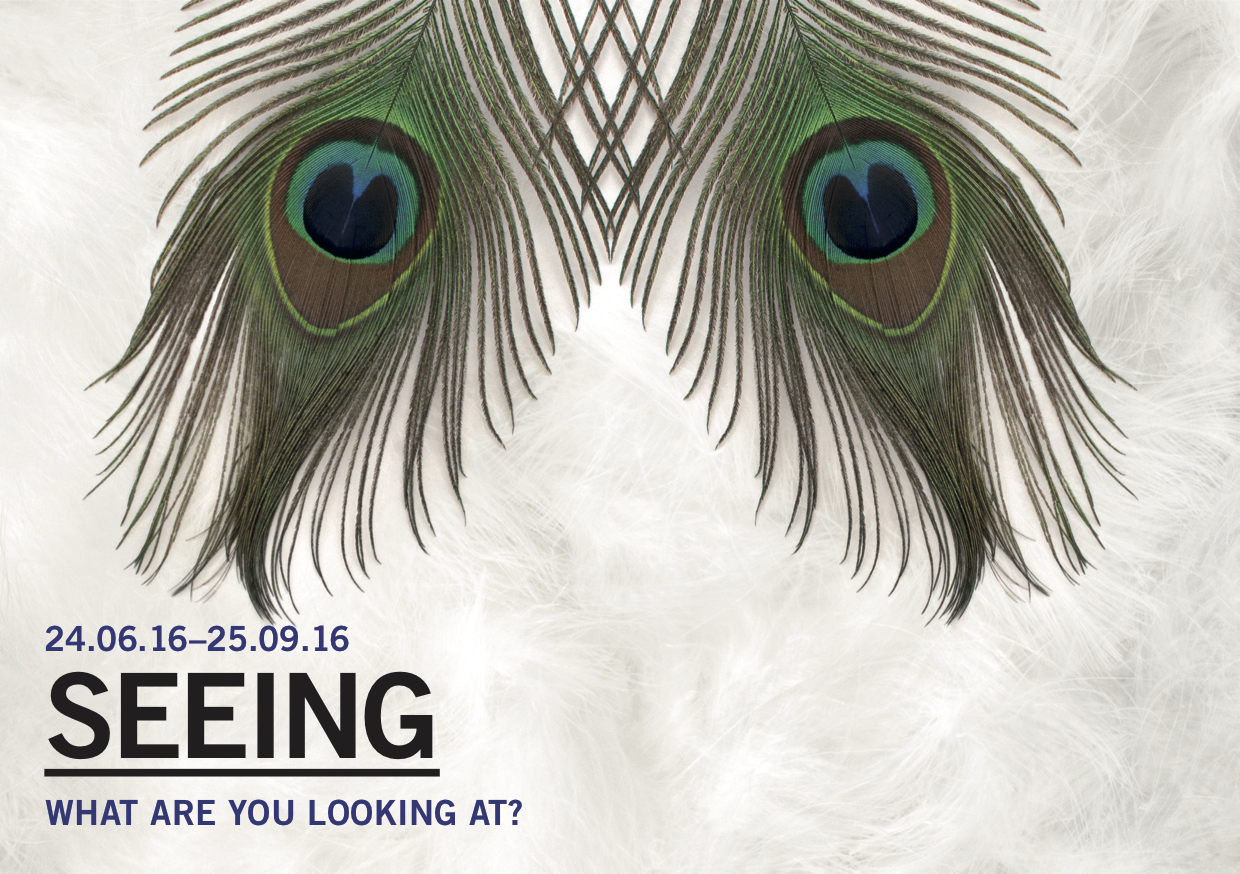When we see, what is going on inside our heads? How do our brains interpret what’s in front of our eyes? How do machines understand what they’re looking at, and will they change how we look at the world?
This summer, Science Gallery at Trinity College Dublin will be tackling the complex sensory experience of vision, understanding, and perception at the free exhibition SEEING: What Are You Looking At?
Optics, perspective, and comprehension will be illuminated while enhanced and augmented ways of seeing, artificial eyes, and radical alternatives to vision will also be explored. SEEING examines the subjectivity of sight, the other senses that shape our view of the world, and the unexpected parallels between human and machine vision through advancements in neuroscience, robotics, ophthalmic medicine, virtual reality and gaming.
Curated by ophthalmologist Kate Coleman, computer engineer Gerry Lacey, neurobiologist Semir Zeki and Science Gallery Dublin Director Lynn Scarff, SEEING will investigate living and technological sight with interactive artworks examining the limits of machine recognition and the latest innovations in sight enhancement.
About Science Gallery
In 2008, a car park in a forgotten corner of Dublin was transformed into a living experiment that would bridge art and science, unleashing their combined creative potential. Through a cutting-edge programme that ignites creativity and discovery where science and art collide, Science Gallery Dublin encourages young people to learn through their interests.
Since opening in 2008, over 2 million visitors to the gallery have experienced more than 36 unique exhibitions — ranging from living art experiments to materials science and from the future of the human race to the future of play. Science Gallery Dublin develops an ever-changing programme of exhibitions and events fuelled by the expertise of scientists, researchers, students, artists, designers, inventors, creative thinkers and entrepreneurs. The focus is on providing programmes and experiences that allow visitors to participate and facilitate social connections, always providing an element of surprise.

